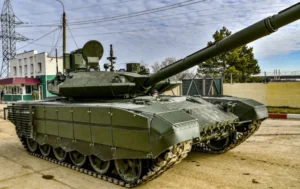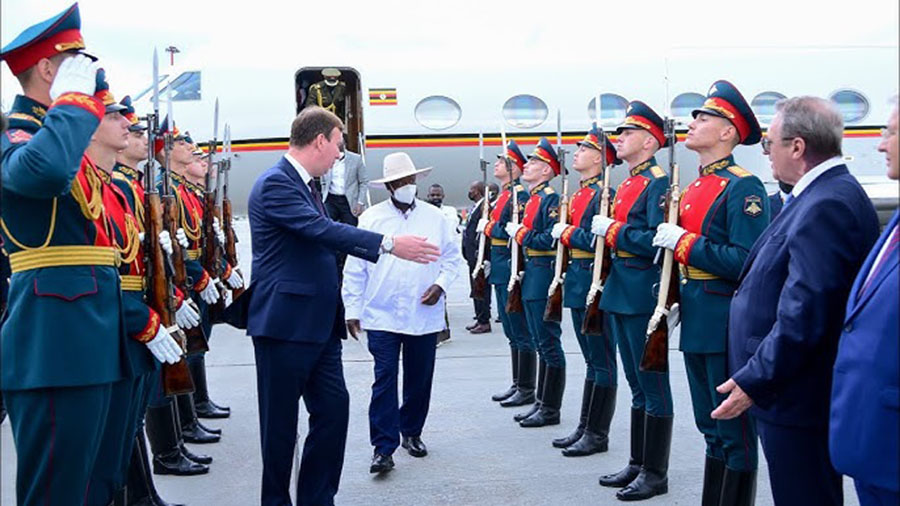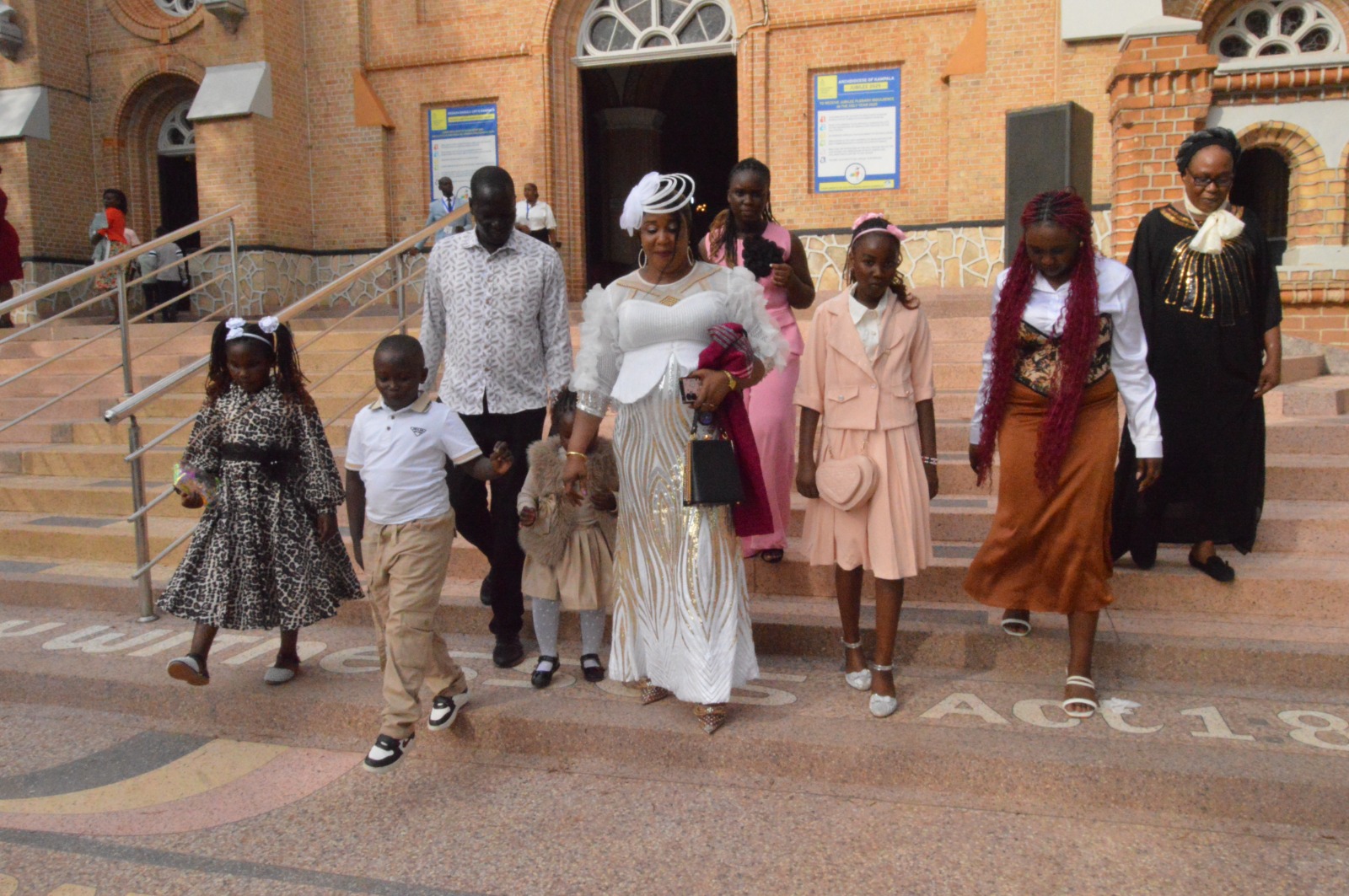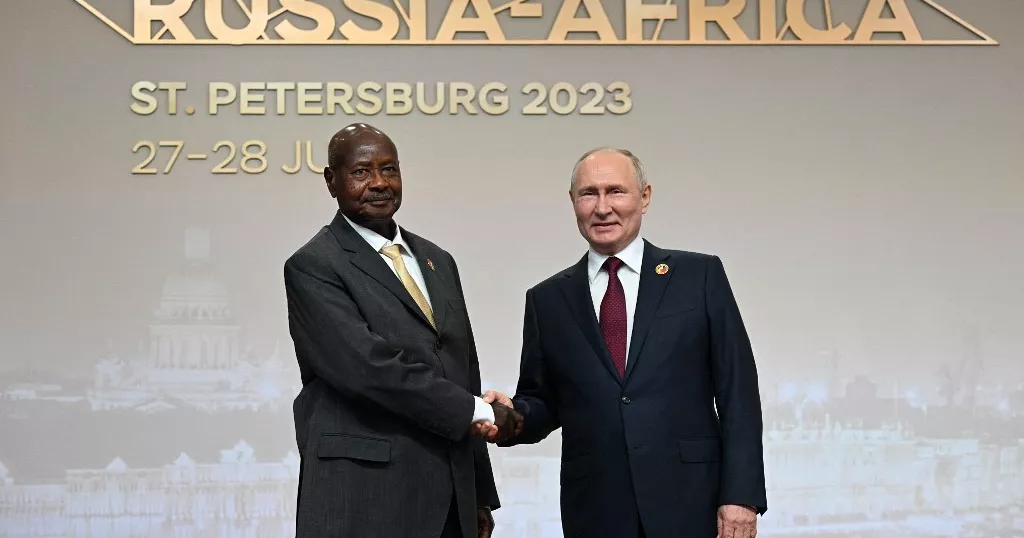In the way they handle political dissent in their respective countries, President Museveni and Vladimir Putin, the president of Russia, are birds of the same feather.
First, both leaders rely heavily on the state security apparatus to suppress opposition. Museveni has been accused of violent crackdowns, abductions, and torture of opponents like Dr Kizza Besigye and Robert Kyagulanyi aka Bobi Wine. Similarly, Putin has been accused of employing the Federal Security Service (FSB) and other security agencies to target critics, as seen in the poisoning and imprisonment of Alexei Navalny.
Second, Museveni and Putin use legal mechanisms to neutralize opponents. In Uganda, opposition figures like Besigye and Kyagulanyi have faced arrests and charges, often under dubious circumstances, to limit their political activities. In Russia, Putin has jailed critics like Navalny on charges such as “extremism” and “fraud,” widely condemned as politically motivated.
Third, Museveni and Putin maintain tight control over political institutions to limit opposition influence. Museveni’s long rule has been marked by allegations of election fraud and dominance over Uganda’s political landscape, ensuring minimal opposition success. Putin has also engineered a system where opposition is either co-opted or eliminated, with no viable anti-war candidates allowed in elections and systemic opposition parties largely loyal to the Kremlin.
Fourth, Museveni and Putin have criminalized opposition activities. Museveni has targeted opposition supporters with arrests and accusations of destabilizing the state. In Russia, Putin’s regime has passed anti-defamation laws and labeled opposition groups as “extremist,” leading to lengthy prison sentences for figures like Vladimir Kara-Murza for criticizing the Ukraine war.
The similarities are too many, and that is why some analysts say the tightening of relations between Kampala and Moscow could hinder the growth of democracy in Uganda.
“That is to be expected because President Museveni is an admirer of Putin. They are both strong men, and the more they work together, the worse it could get for people who want change,” said Mwabutsya Ndebesa, a political historian who lectured at Makerere University for more than two decades.
The roots of Russia-Uganda relations trace back to the 1960s when the Soviet Union supported African liberation movements, including Uganda’s fight for independence from British colonial rule.
Diplomatic relations were formalized in October 1962, shortly after Uganda’s independence, followed by trade and economic cooperation agreements in 1964. (This was deeply explored in the first part of these series. See link below)
Uganda’s Russian connection: Is Moscow’s influence coming at a cost?” (PART 1)
However, in recent years, this partnership has intensified. At the 2023 Russia-Africa Summit in St. Petersburg, Museveni and Putin discussed expanding cooperation in oil exploration, nuclear energy, and military technology.
Russia’s exports to Uganda reached $407.75 million in 2021, reflecting a 12.2% annual growth rate, with military equipment, including T-90S tanks and Su-30MK2 fighters, forming a significant portion.

Russia’s military assistance has bolstered the UPDF, which has been implicated in suppressing political dissent. The UPDF has been accused of extrajudicial killings, torture, and arbitrary arrests of opposition supporters, particularly during the 2021 elections, which saw over 1,000 detentions.
Analysts warn that this military empowerment could facilitate further crackdowns on opposition figures like Kyagulanyi, whose National Unity Platform (NUP) has faced violent repression.
“This military support strengthens Museveni’s grip on power and enables the UPDF to act as a loyal enforcer of his regime,” Ndebesa says.
Erosion of civil liberties
In 2021, Uganda signed a surveillance contract with Moscow-based Joint Stock Company Global Security to implement the Intelligent Transport Monitoring System (ITMS).
This deal has raised alarms about its potential to curtail democratic freedoms. The $126 million system, to be fully rolled out by November 2025, equips vehicles and motorcycles with tracking devices and surveillance cameras to monitor movements in real time.
Legal scholar Lynette Akankwatsa argues that this system enables the government to track citizens, particularly political activists, stifling freedom of association and expression.
Museveni’s dismissal of privacy concerns, claiming the system targets only criminals, mirrors Russia’s justifications for its surveillance practices, suggesting a convergence of authoritarian tactics.
Lest we forget, during the 2021 elections, the country witnessed internet shutdowns and violent dispersals of opposition rallies.
Therefore, Russia’s support for Uganda’s surveillance systems provides Museveni with tools to monitor and suppress opposition, further shrinking Uganda’s civic space.
Undermining democratic values
Russia has stepped up its propaganda efforts through RT broadcasts on Uganda’s state-owned Uganda Broadcasting Corporation (UBC).
If you have watched the broadcasts closely, you will have noticed that they glorify Russia’s governance model while criticizing Western democratic values.
They often frame Western calls for human rights and democratic reforms as “neo-imperialism,” resonating with Museveni’s rhetoric. The NRM’s cooperation with Russia’s United Russia party further signals an ideological alignment, potentially legitimizing Museveni’s prolonged rule and reducing pressure for democratic reforms.
Analysts say the propaganda erodes public support for democratic institutions in a country where political space is already constrained. Uganda ranks in the bottom 25% globally in rights and rule of law, with significant declines in economic equality and civic engagement over the past five years.
Uganda has suspended 54 civil society organizations since the 2021 elections, accusing them of foreign-sponsored interference.
Journalists already face increasing violence, as seen in the assault of 18 journalists during the Kawempe North by-elections in March this year.
Geopolitical shifts
After assuming office in January this year, US President Donald Trump signed an executive order that significantly cut back on US assistance to African countries and civil society organizations.
Some say this has weakened Western leverage in countries like Uganda, leaving a vacuum that Russia has been glad to fill. Russia’s unconditional support contrasts sharply with Western support, which is premised on conditions.
Museveni has on several occasions rebuffed Western critiques, accusing them of imposing foreign values, and has cultivated closer ties with Russia and China.
As Uganda prepares for the 2026 elections, Museveni’s bid for a seventh term raises concerns about electoral credibility. Election Observers have questioned the integrity of past elections under Museveni, marred by state violence and fraud allegations.
There are fears that Russia’s military and surveillance support could enable further repression of opposition campaigns, particularly against figures like Kyagulanyi.
The recent passage of the 2025 UPDF Amendment Bill, allowing civilians to be tried in military courts despite a Supreme Court ruling against it, is a clear indication that Museveni is willing to bypass democratic norms.
Russia’s support, including the $100 million military donation in 2024, strengthens the UPDF’s capacity to enforce such measures, potentially escalating repression as the elections near.
By providing Museveni with an alternative to Western aid, Russia has enabled the NRM to prioritize regime survival over democratic reforms, weakening institutions and shrinking civic space.
As one analyst noted, “With Russia’s support, Museveni feels he is in a stronger position to entrench his 40-year rule because even if the West decides to cut some aid, there is Moscow to turn to.”
As Uganda heads toward 2026, the international community must closely monitor these developments. Without concerted efforts to bolster democratic institutions and counter authoritarian influences, Uganda’s path to democracy remains at risk.





